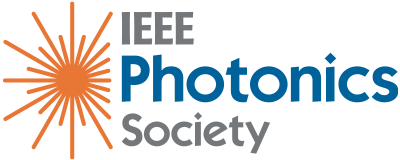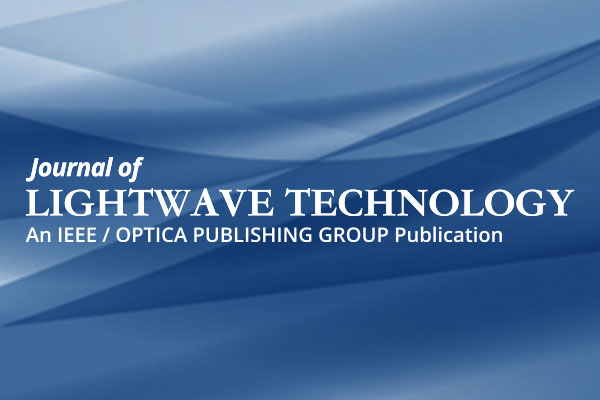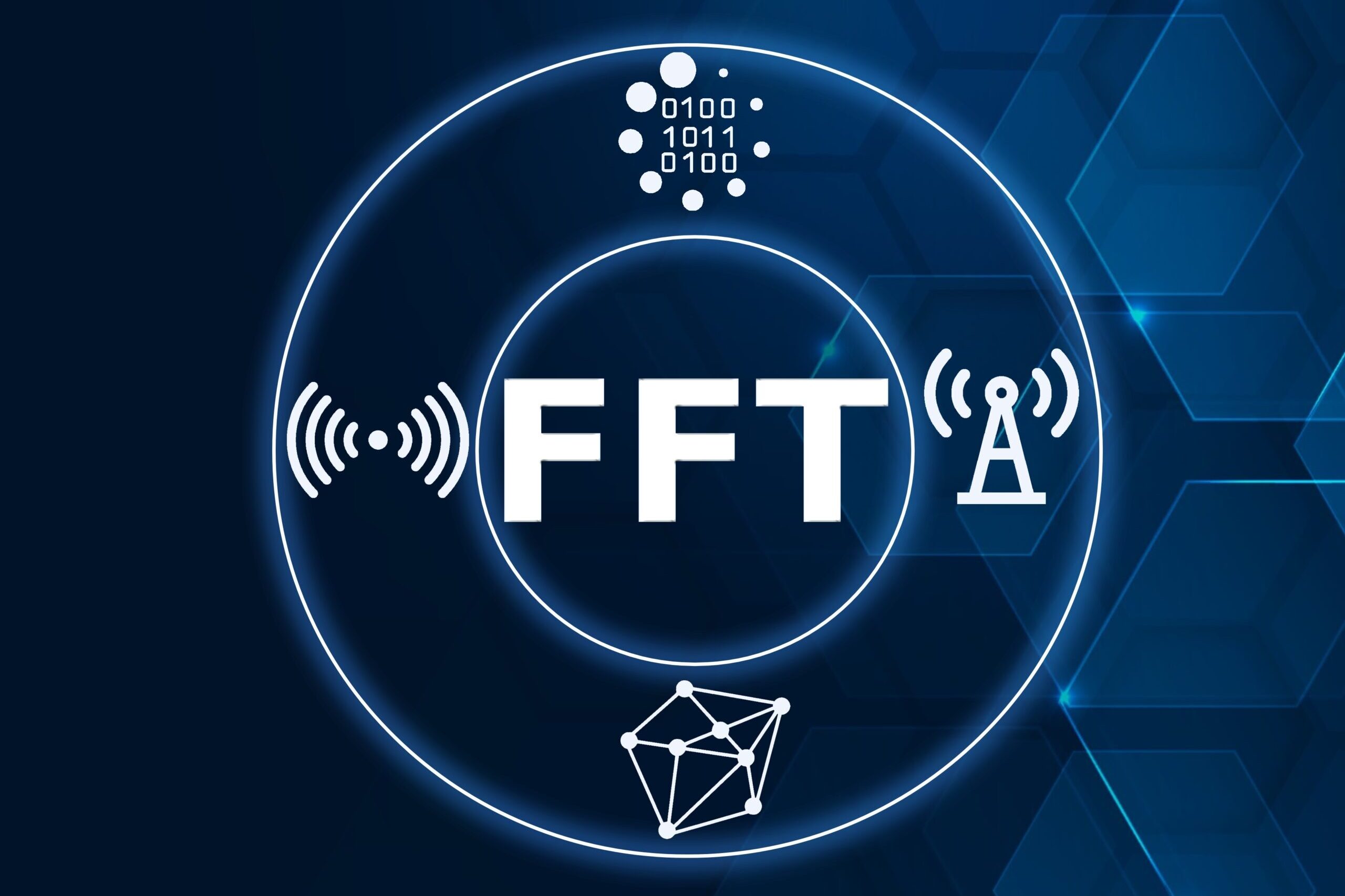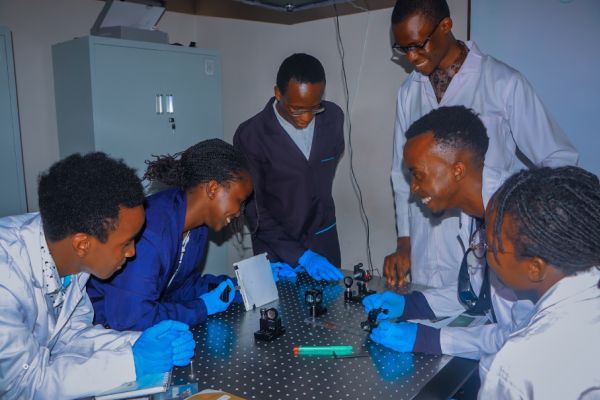
Ruben Luis is a senior researcher at the National Institute of Information and Communications Technology, Japan. He received his Ph.D. from the University of Aveiro, Portugal, in 2007 and has since served in the optical telecommunications industry as a researcher and optical systems architect for Nokia Siemens Networks (2003 to 2008) and Infinera (2015 to 2016). Since 2016, he has been a senior researcher for the Photonic Network Laboratory of the Japan National Institute of Information and Communication Technology. His main fields of research include ultra-wideband and spatial division multiplexing (SDM) transmission systems supported by conventional fibers, multi-core fibers, and multi-mode fibers; digital signal processing for optical transmission; and fiber propagation phenomena, including fiber nonlinearities. He has also contributed to the organization and technical committees of multiple conferences including the International Conference for Transparent Optical Networks (ICTON), the Opto-Electronics and Communications Conference (OECC), the Advanced Photonics Congress (APC), the Photonics in Switching and Computing Conference (PSC), and the IEEE Summer Topicals meetings.
For JLT, he is handling submissions on the following topics:
- Optical fiber transmission systems and subsystems
- Digital signal processing for coherent optical fiber transmission
- Spatial division multiplexing transmission and components
- Optical amplifier technologies and design
Ivana Gasulla received the M. Sc. degree in Telecommunications Engineering and the Ph.D. degree in Telecommunications from the Universitat Politècnica de València (UPV), Spain, respectively, in 2005 and 2008. She is currently an Associate Professor at UPV. In 2017, she was awarded a prestigious ERC Consolidator Grant to develop new Space-Division Multiplexing technologies for emergent fiber-wireless communications through the project InnoSpace. From 2012 to 2014, she was a Fulbright Scholar at Stanford University. Her current research interests encompass mainly the application of multimode and multicore fibers to both microwave and optical signal processing. She has been a member of the TPC of the most prestigious conferences in the field, such as the Optical Fiber Communication Conference (OFC) and the European Conference on Optical Communications (ECOC). She is also Senior Editor of IEEE J. of Selected Topics in Quantum Electronics.
For JLT she is handling submissions on the following topics:
- Multicore optical fibers
- Multimode and few-mode optical fibers
- Microwave Photonics signal processing
- Radio-over-fiber technologies
Deepa Venkitesh obtained her Bachelor’s and Master’s degrees in Physics from the University of Kerala, and her Ph.D. from the Indian Institute of Technology Bombay. She worked in SAMEER Mumbai, VES College, Mumbai before joining the Indian Institute of Technology Madras. She is currently a Professor in the Department of Electrical Engineering, at IIT Madras. She was bestowed with the Young Faculty Recognition Award of IIT Madras in 2012, and the Abdul Kalam Technology Innovation Fellowship of INAE in 2021. She is a Senior Member of Optica and Editorial Board member of the IET Optoelectronics. She was the Associate Vice President of “Women in Photonics” of the IEEE Photonics Society (2020-2023). She is also the National Coordinating Faculty for the Prime Ministers Research Fellowship program of the Govt of India. In addition, she is the project lead for the Advanced Optical Communication Testbed project- which is a consortium project funded by the Department of Telecommunications, Govt of India.
For JLT she is handling submissions on the following topics:
- Optical Communication
- High spectral efficiency optical communication systems
- Optical signal processing for digital and analog systems
- Microwave Photonics
- Continuous variable quantum key distribution
Francesco Da Ros is an associate professor in Machine Learning in Photonic Systems (MLiPS) at DTU Electro. He received his Ph.D. in 2015 from the Technical University of Denmark (DTU) including a research stay at the Fraunhofer Heinrich-Hertz-Institute. Between 2015 and 2018, he worked within the Center for Silicon Photonics for Optical Communications at DTU and joined the MLiPS group in 2019. His current research focuses on optical and digital information processing, including optical computing, optical signal processing, digital signal processing, and machine learning applied to optical communication systems. He is an Optica Ambassador and Senior Member, an IEEE Senior Member, and is serving in several technical program committees including CLEO (Program Chair 2022, General Chair 2024), ECOC, PSC, and SPIE Europe.
For JLT, he is handling submissions on the following topics:
- Optical computing architectures
- Nonlinear optical signal processing for optical communications
- Modeling and experimental demonstrations of optical transmission systems
- Digital Signal Processing and machine learning for optical communications systems
Edward Ackerman received his B.S. degree in electrical engineering from Lafayette College in 1987 and his M.S. and Ph.D. degrees in electrical engineering from Drexel University. Before 1994 he was employed as a microwave photonics engineer at Martin Marietta’s Electronics Laboratory in Syracuse, New York, where he used low-loss narrow band impedance matching techniques to demonstrate the first amplifierless direct modulation analog optical link with RF gain (+3.7 dB at 900 MHz). From 1995 to 1999 he was a member of the Technical Staff at MIT Lincoln Laboratory, where he developed high-performance analog photonic links for microwave communications and antenna remoting applications. While at the Lincoln Laboratory, he achieved the lowest noise figure ever demonstrated for an amplifierless analog optical link (2.5 dB at 130 MHz) and developed a novel linearization technique that uses a standard lithium niobate modulator with only one electrode to enable improved analog optical link dynamic range 125 dB⋅Hz4/5) across a broader operational bandwidth (2 – 18 GHz) than other linearization techniques currently allow. Currently, he is the Vice President of Research and Development for Photonic Systems, Inc. of Billerica, Massachusetts. He has authored or co-authored dozens of technical papers and eight book chapters on the subject of analog photonic subsystem performance modeling and optimization. He has given 28 invited presentations and holds 22 US patents in this field. For his contributions to the optimization of analog optical links, IEEE’s Microwave Theory & Technology Society elected Dr. Ackerman as a Fellow in 2007 and a Distinguished Microwave Lecturer from 2019 – 2021.
For JLT, he is handling submissions on the following topics:
- Microwave photonics systems
- Radio-over-fiber technologies
- High-speed analog optical systems





